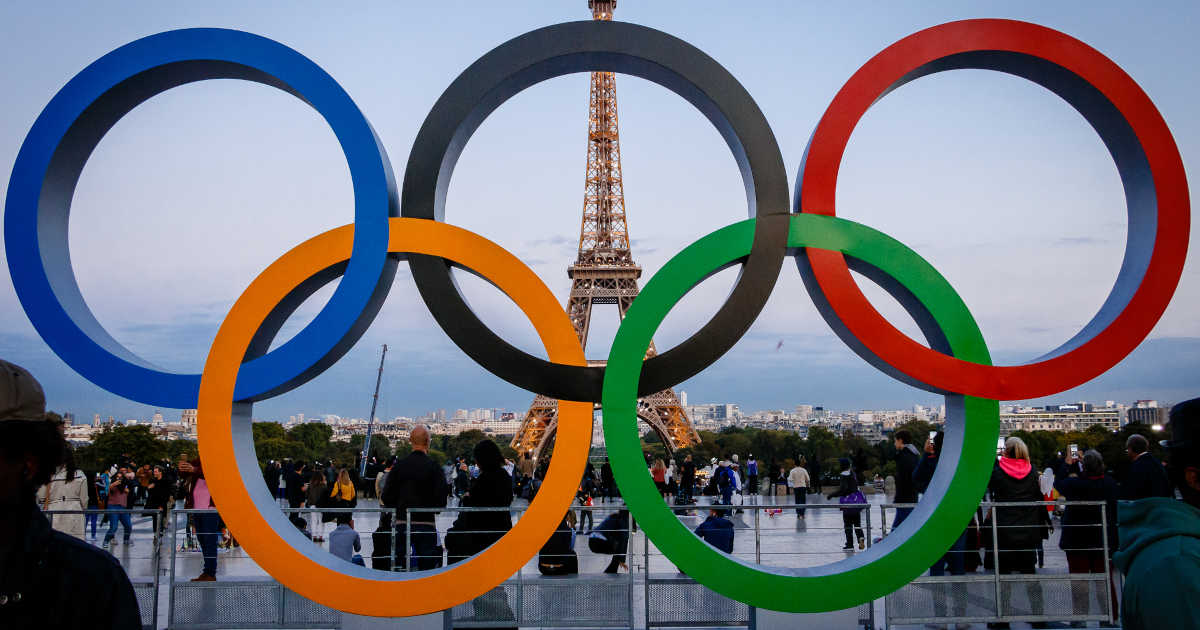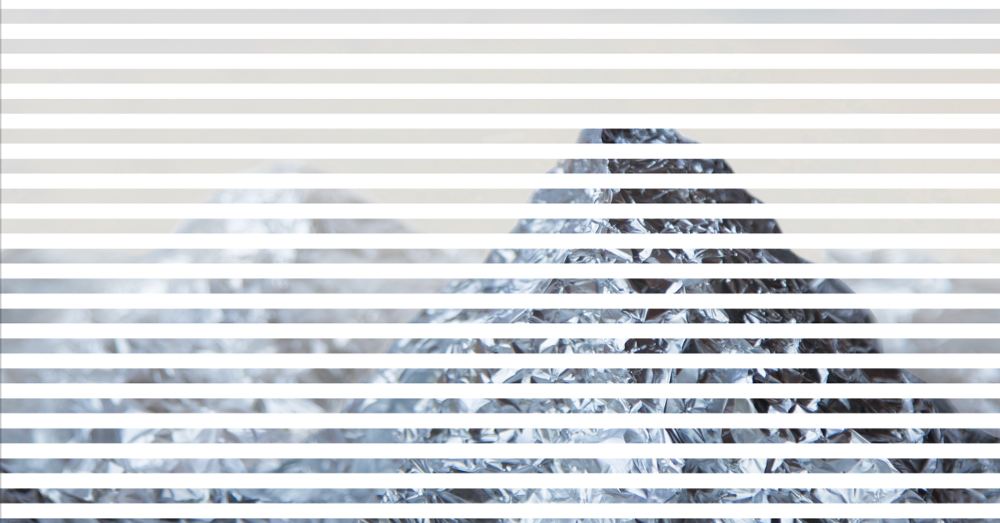“We need a self because the complexity of the chemical processes that make up our individual humanities exceeds the processing power of our brains.” Mohsin Hamid
Humans are complex systems – so complex that it is tempting to reduce experience into simplistic dualities. A great case in point are the conversations about gender fluidity and sexual orientation.
It is so easy to confine the human experience into the binary of male and female. These handy labels may make interactions simpler, but they don’t reflect the complex possibilities of human experience. The truth is that we are assigned a sex at birth due to biological determinants, we identify as masculine or feminine over time as we gain a clearer sense of who we are, and we develop an orientation to same sex or different sexual partners as we mature. Assignment, identification, and orientation consist of multiple possibilities:
|
Assignment |
Identification |
Orientation |
|
Male |
Male |
Female |
|
Female |
Female |
Male |
|
Male |
Male |
Male |
|
Female |
Female |
Female |
|
Male |
Female |
Female |
|
Female |
Male |
Male |
|
Male |
Male |
Bi |
|
Female |
Female |
Bi |
|
Male |
Female |
Bi |
|
Female |
Male |
Bi |
There is no “rightness” or “wrongness” for any of these 10 combinations. They simply represent differences. In order to deal with confusion, though, we tend to limit and label in order to reduce complexity. When we get stuck in hetero hierarchies (e.g. Male dominates female, the superiority of male/female partnerships), we alienate, marginalize, and reduce the potential of diverse views and styles.
To me this 2x2x2 illustration is just an example of an unwillingness to open up to and deal with complex situations thoughtfully. The failure to open results in rigid, repressed and restricted personalities . . . . . and wars. I could do the same sort of chart for East and West, Liberal and Conservative or Black and White. For example, I was born in the Western hemisphere, identify as Western, but am more oriented to Eastern culture and philosophy. I was born into a conservative family and town, identify as liberal, and am oriented to the future not the past. I was born white, identify as white, but am oriented to multiple cultures and ethnicities. The fact that I was born male, identify as a male am sexually oriented to females shouldn’t cause me to deny or dismiss other possibilities or experiences of people who don’t share my assignment, identification or orientation.
The underlying issues, however, revolve around how we think, relate, and generate independent of assignment, identification or orientation. I don’t really care which of the 10 combinations a person is born with or chooses. I do care how rationally people think, how lovingly people relate, and how creatively people generate new ideas.
The point I want to make here is that we need to shift from closed and binary beliefs to open and multi-dimensional ideas in order to think more deeply, relate more generously, and generate more imaginatively.
I recently read Stephen Pinker’s new book on Rationality. In many ways, the book is simply a re-make on Kahneman’s Thinking Fast and Slow. Pinker does, however, layout very thoroughly the pitfalls to rational thinking, e.g. confirmation bias, Bayesian inference, and selective perception. His major points are that beliefs often trump evidence, that we are inclined to seek out information that supports our beliefs, and that our impulsivity and impatience preclude us from thinking more deeply. Clearly, religious beliefs, nationalistic fervor, and partisan ideologies preclude us from thinking more rationally about whatever issues we are facing. When our thinking is closed and binary, we shut down opportunities to expand our world and to create harmony. Compare a symphony with a trumpet and a clarinet to one with 30 different instruments all seeking to create a beautiful blend of music.
The way we relate has changed dramatically over the past 30 years. When I was consulting with Lotus Development Corporation in the early 90’s, the internet was in its infancy. At the time, Lotus and Microsoft were competing on word processing, graphic representation, and spreadsheet applications. Even then, those applications impacted the way we reason, relate, and represent data. During the Lotus – Microsoft desktop battles, the internet was a slow dial-up that hadn’t even begun to realize its potential. AOL was founded in 1985 and Yahoo in 1995. They were the two global forces at the time. Fast forward 30 years and everyone is “relating” with their smart phones and gaming apps. Already lost in screens, a pandemic came along and pushed us even further into isolation and alienation. Where is the path back to face-to-face, fully present, deeply caring relationships? The binary world has dominated our thinking. We are increasingly closed off to differences outside our bubbles. Imagine a world in which people are accepting and appreciative of differences – even welcome them.
The way we generate has also changed. Historically, our educational systems were based on rote memorization of facts and the recitation of lists. I think it is fair to say that schools were focused on reading, writing, and arithmetic and were fairly one-dimensional in their approach – teach the intellectual skills to function in an industrial age. Education has evolved over the years to become more multi-dimensional. Schools now focus more on physical health, emotional well-being and social adaptation as well as intellectual development. Unfortunately, this trend has been interrupted by controversies around critical race theory, LGBTQ inclusion, and book banning. Don’t make our kids uncomfortable. Don’t say gay. Don’t introduce controversial ideas. To me, these restrictions and repressions shut down real creativity. They reduce complex ideas to simplistic binaries. They close off and shut down creative ideas for the future with traditional ideologies tethered to the past. Instead of expanding components, functions and processes and showing interrelationships among them, there is a trend toward closing down generativity and denying truth.
I don’t know how to get back to a more expansive and multi-dimensional orientation. We may have been assigned labels at birth as male or female, white or black, Christian or Jew, American or Asian. But that assignment should not limit how we identify or how we orient ourselves to the world. Unfortunately, binary thinking is just one example of shutting down imaginative possibilities. Patriarchal and hierarchical thinking accomplish the same goal. They are all rooted in the past and create the conditions for wars in the future. For a brilliant analysis of what this really means, read this Ezra Klein column: https://www.nytimes.com/2022/04/03/opinion/putin-ukraine-liberalism.html
Personally, I don’t want to be assigned to anything based on where I was born or how I look. I identify with the collective of people around the world – independent of race, religion, or nationality – who are committed to the common good and the creation of a just and sustainable future. I am oriented to peace and harmony vs. war and discord. Our only way out of this mess we are in is to break free of the assignments imposed upon us, craft own identities without over-identifying and shift our orientation.
Just as there is pressure in the scientific community to reduce our humanity to the chemical processes of our brains, our sub-cultures are increasingly pressuring people to lock down, close off and retreat into binary bubbles. As individuals and organizations, we need to develop ourselves to rise above those pressures and deal with the increasingly complex issues we are facing. We need to resist binary, hierarchical, and patriarchal thinking. It’s time to think, relate and generate in ever-expanding ways. May it be so.
Also published on Medium.



